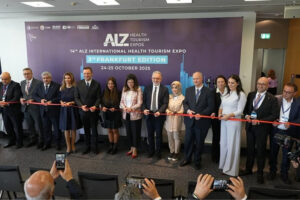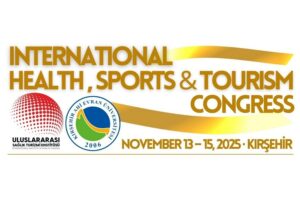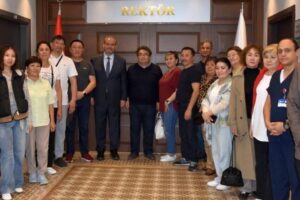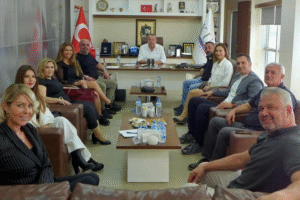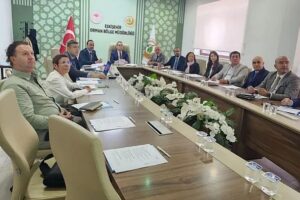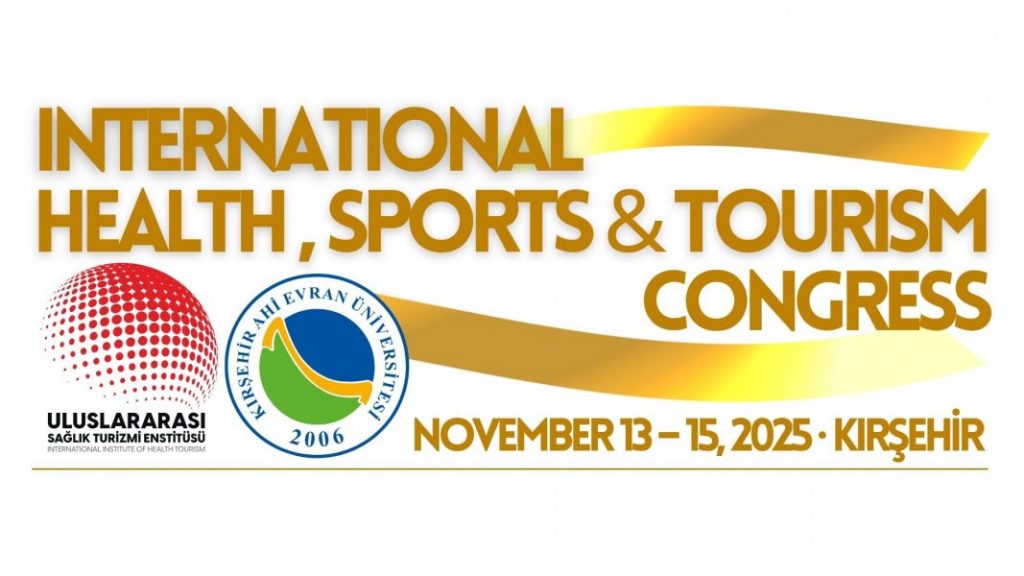Abstract
National governments have reinvigorated health tourism since COVID-19 by promoting health and medical technologies that target global health goals set by the World Health Organization. How do state efforts to address economic crisis through health tourism commodify niche health interventions, and what are the effects of such strategies? Health tourism is a form of global health diplomacy, in which stakeholders within and outside of the state advance shared global health goals, building commercial opportunities and prestige. Yet, less is known about how state-led health tourism strategies can facilitate global health diplomacy in different ways, nor their impacts on global health inequities — particularly in middle-income states seeking to strengthen economic and political power in the global arena. We comparatively analyze Malaysia’s efforts to become the “hepatitis C treatment hub of Asia” and Thai initiatives to become a “world-class wellness destination” through traditional medicine and herbal products. Based on interviews with key informants in Thailand and Malaysia and a content analysis of over 100 primary sources, we unveil the different strategies and distributive impacts of global health diplomacy. We argue that health tourism can augment the political and economic status of the nation-state and transform the field of global health in different ways, while impacting healthcare access and health inequities for people within and outside of destination countries.
Keywords
- Health care commodification
- Global health diplomacy
- Health tourism
- Hepatitis C
- Traditional medicine
- Health inequity
Cite this article
Farber, R., Taylor, A. Global Health Diplomacy and Commodified Health Care: Health Tourism in Malaysia and Thailand. St Comp Int Dev (2023). https://doi.org/10.1007/s12116-023-09406-y

